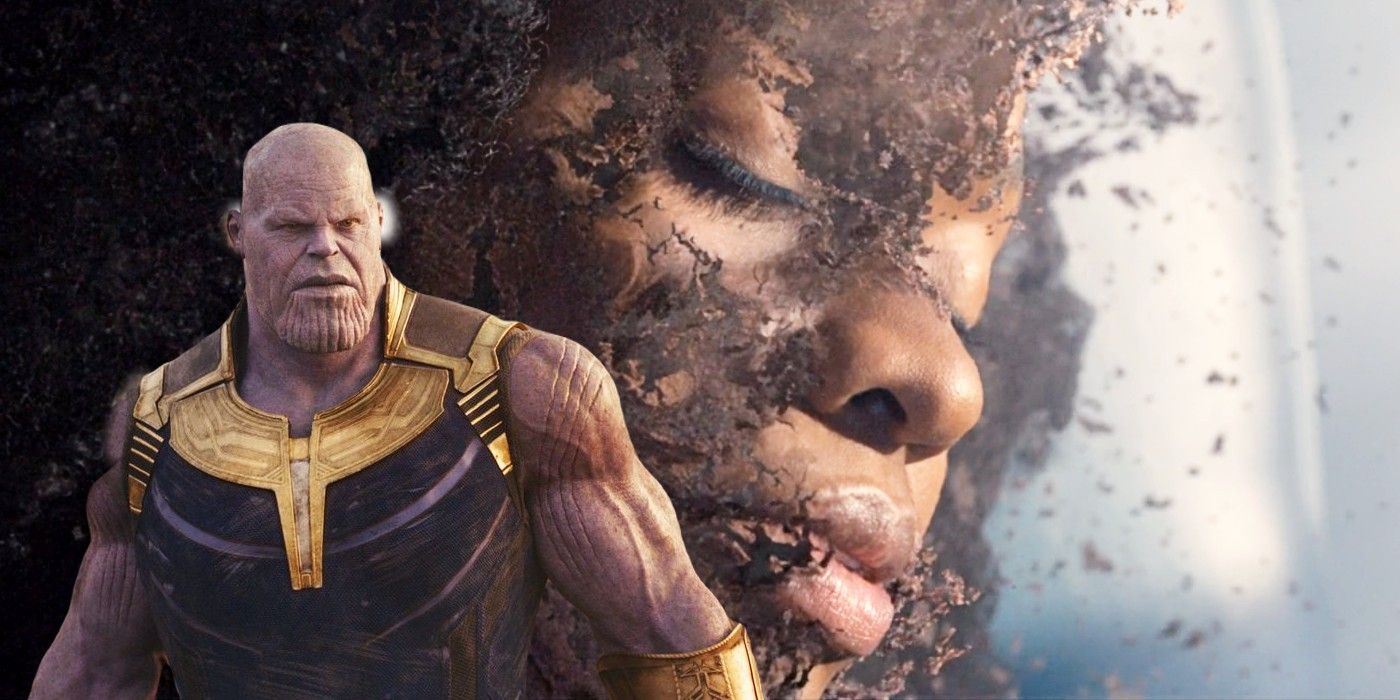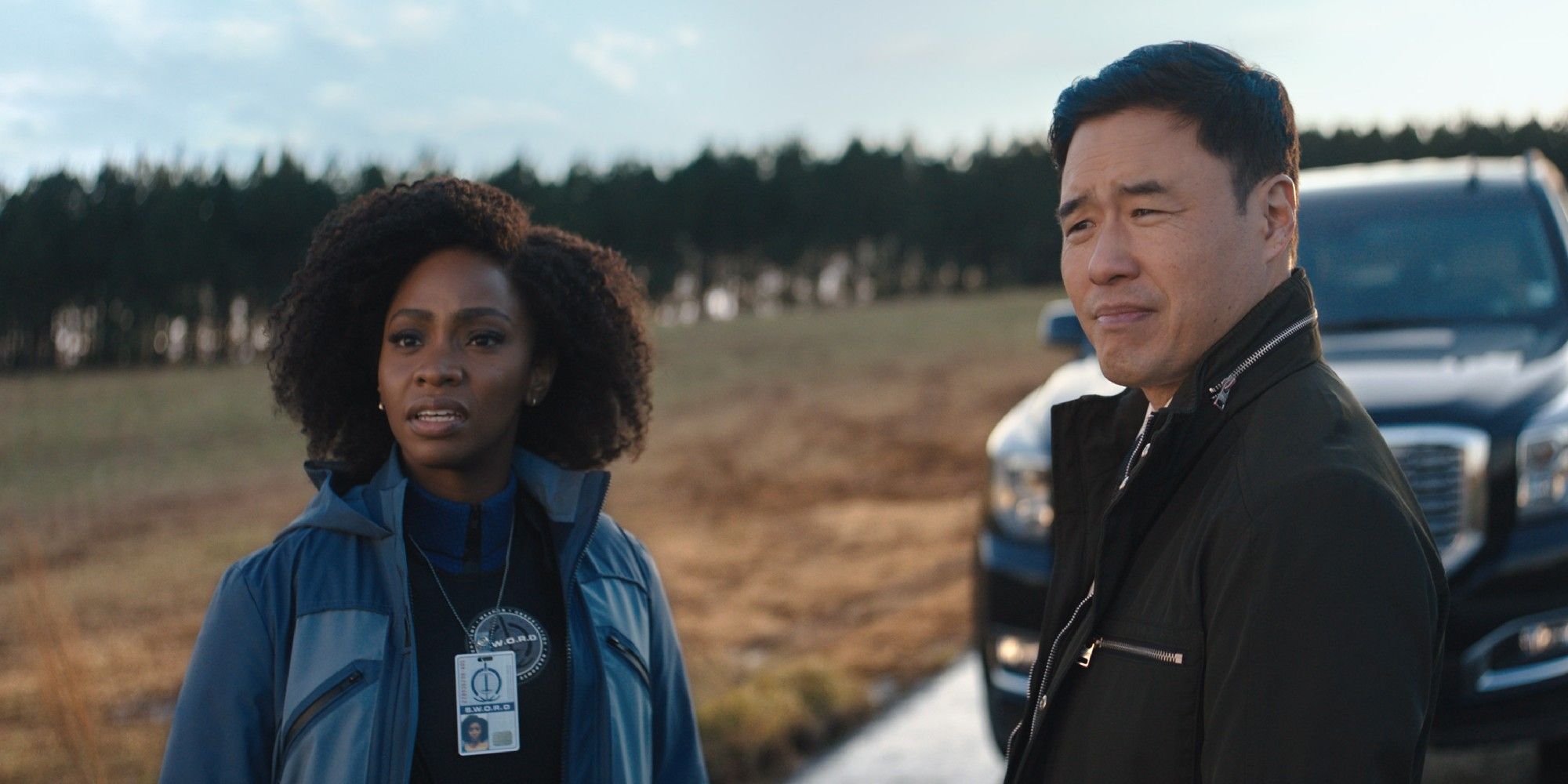The MCU Finally Explores How Dark Avengers: Endgame's Blip Really Was

A heated moment in WandaVision has confirmed how dark the world got after Thanos snapped his fingers and decimated half of the universe's population in Avengers: Infinity War. The event, known as the Blip, shook the world to its very foundations and created the dire, desperate mood of Avengers: Endgame with the world struggling to come to terms with the aftermath of it and then readjusting just as significantly when all the missing population suddenly reappeared.
But thus far, the Marvel Cinematic Universe has yet to fully show the truly grim reality of the Blip, or even how people are still struggling after the reverse snap and the return of those who were dusted. There were some perfunctory support groups in Endgame, and Spider-Man: Far From Home made some lighthearted jokes at the expense of the event, but the full trauma of Thanos's actions has never been properly portrayed onscreen.
That's changed with WandaVision. In a brief flashback in episode 4, "We Interrupt This Program," Monica Rambeau returns to the world of the living after the Hulk's restorative finger snap. We also see the utter chaos that the return brought with it, with a hospital overrun and panic setting in at the assumed dead returning to life. It's the first time the MCU has really taken the consequences of the return of half the world seriously, a needed moment of acknowledgment following such an Earth-shattering development.

In the latest episode, "All-New Halloween Spooktacular!", Monica butts heads with SWORD director Tyler Hayward, who explains to her that the years between the Blip and the eventual return of the population were incredibly dark, and hardened those who were left behind, especially when it comes to trusting those with superpowers. It's the moment Hayward goes from a reluctant ally to someone whose worldview is actively opposed to Monica's. It's unfair to classify Hayward as a villain, because he's clearly deeply affected by the trauma of the Blip and is actively trying to save as many lives as possible, but it's still a sad turn.
The trauma of Hayward and others also neatly mirrors what's happening with Wanda. After enduring the horrific trauma of Vision's death, Wanda has become a harder, more obsessive character, bent on shaping reality to make her feel safe and comfortable, even if she knows deep down it's never going to be okay again. Her growing Scarlet Witch powers and abilities now seem almost limitless, pushed to the edge by her grief and rage.
WandaVision was sold partly on its fun, meta concept, and Elizabeth Olsen and Paul Bettany have more than proved they've got genuine comedic chops, but this is countered with a sad, dark story, one of the darkest the MCU has ever told. It's a story about trying to bypass grief and loss in unconventional ways, but that darkness has to be confronted and reckoned with by both Wanda and the larger world.
from ScreenRant - Feed
